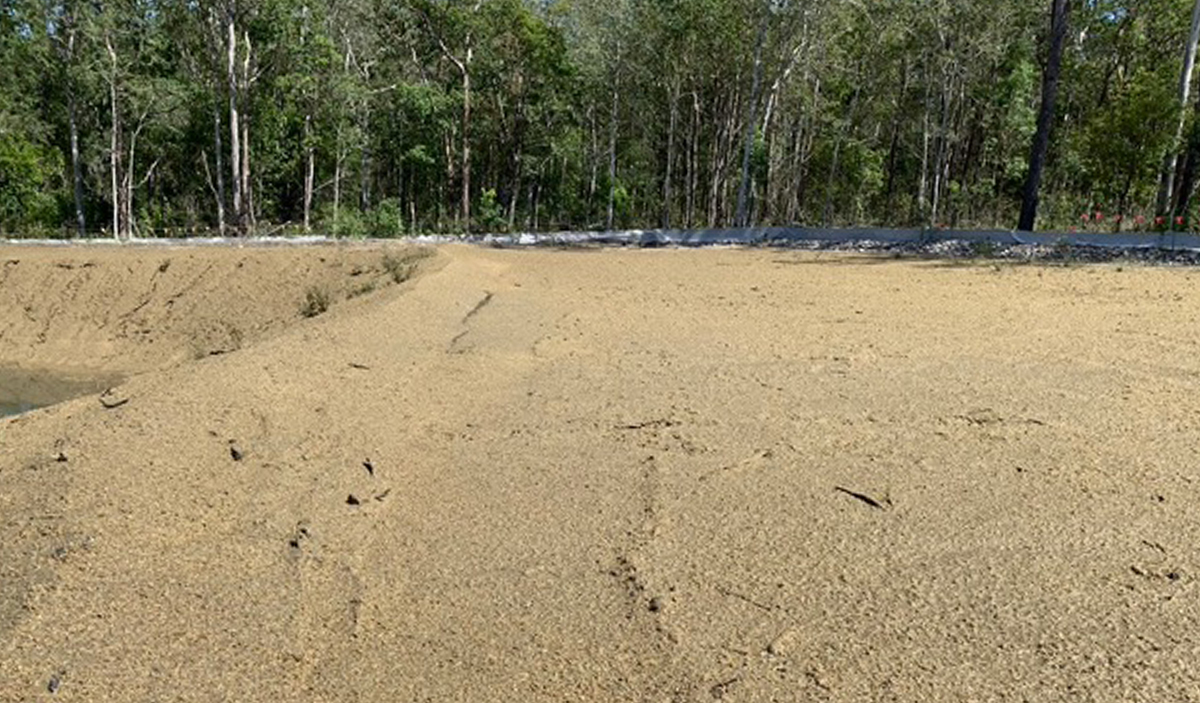Thermally processed straw hydromulch sets the standard for revegetation projects across the country, and for good reason.
The outdated approach of using non-thermally treated straw and other hydromulch fibres is no longer the most effective solution. This process leaves revegetation projects vulnerable to the dangers of introducing weed species, and other pathogens from the farmer’s paddock it is grown in.
Thermally processed straw hydromulch is simply the most environmentally responsible hydromulch fibre on the planet. By eliminating harmful insects, pathogens and viable weed seeds and setting the standard for safety and effectiveness, thermally processed straw hydromulch delivers the optimal outcomes on revegetation projects.
As a denaturing process, thermal processing also breaks down almost all natural plant oils and acids, ensuring an easy hydromulch application process with superior water holding capacities over untreated straw alternatives.
Thermally processing enhances natural weathering, enhancing soil coverage and mulch binding, improving germination and erosion control.
If you are using hydromulch that has not been thermally processed, you most likely will need to implement a more intensive weed management program to control weed growth.
Non-thermally processed hydromulch also requires additional binders to adhere it to the soil surface upon application, increasing project costs and the risk of erosion.
Dedicated to supplying innovative revegetation solutions that make a difference, EnviroStraw produces thermally processed straw-based hydromulch of the highest quality. With our proven track record of delivering lasting results on sites across Australia, you can rest assured that your projects will achieve long-term success.
For more information about our thermally processed hydromulch and the benefits it could bring to your site, give the EnviroStraw team a call on 1300 868 669 or fill out the contact form on our website.
